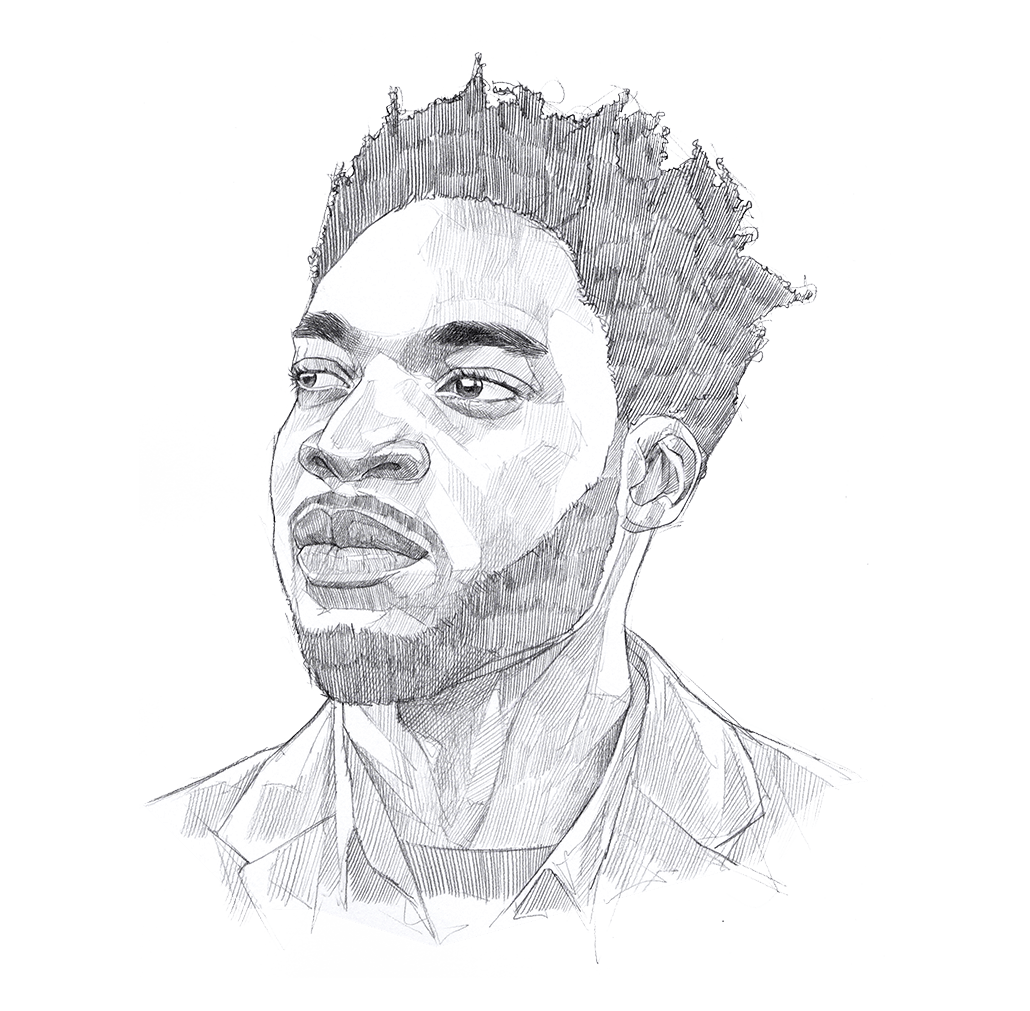We are told to be “tough”
Participant 1: I feel like, it'd be harder, especially for us Black men, as we are told to "be tough." We have a perception that we're “hard” and all this stuff. So, I think it will be harder for them to express themselves- especially if they had an incident like this. I feel like it would be harder for them to go to counsellors or report an incident. [...] It would be harder for them to go to someone and be like, “yeah, this happened to me”, just because they don't want to be viewed as soft or weak.
Participant 2: Yeah, I'll double down there. I mean, it's tough enough for males as it is. I think numbers are obviously a lot less for male sexual assault than female, but I mean, it exists. And again, it's probably tough for a male to go forward and say, “Hey bro, this girl sexually assaulted me.” So now [for] a black male, that's 10 times more. If one of my buddies came to me and said, “Hey, bro, this girl sexually assaulted me" [laugh], like, you know [laugh], I might be like, "bro, like, what the hell?" But, um [laughter], you know what I’m saying? So, for me to tell him to go through the cops where we have a relationship with the cops already that's not the best - . We probably wouldn't go to the cops if we got punched in the face. So, to go to the cops for sexual assault? Yeah, I don't think that's happening. [...] Ultimately, even coming forward to the school [...] I don't think on any level that would exist. I mean, not in my world or in my perspective.
Recommendations
-
Consider how a student's identities might affect their expectations and concerns when accessing supports following a sexual assault, or when involved in a sexual assault investigation.
-
Including male students across cultures in discussions of sexual violence, gender stereotypes, and stereotypes of masculinity.
-
Ensure all sexual violence prevention and response education and training opportunities actively deconstruct victim-blaming, rape myths and gender norms. Ensure these sessions take an intersectional approach to understanding sexual violence and supporting victim/survivors.
-
Be aware of damaging assumptions about Black and Middle Eastern male sexuality; consider problematizing this form of bias in education and awareness campaigns. In working with students from these demographics in relation to a disclosure or report, demonstrate awareness that such biases exist, and demonstrate intention not to be swayed by such assumptions.
-
In education and awareness campaigns, highlight the fact that a significant percentage of men have experienced sexual violence in their lives.

